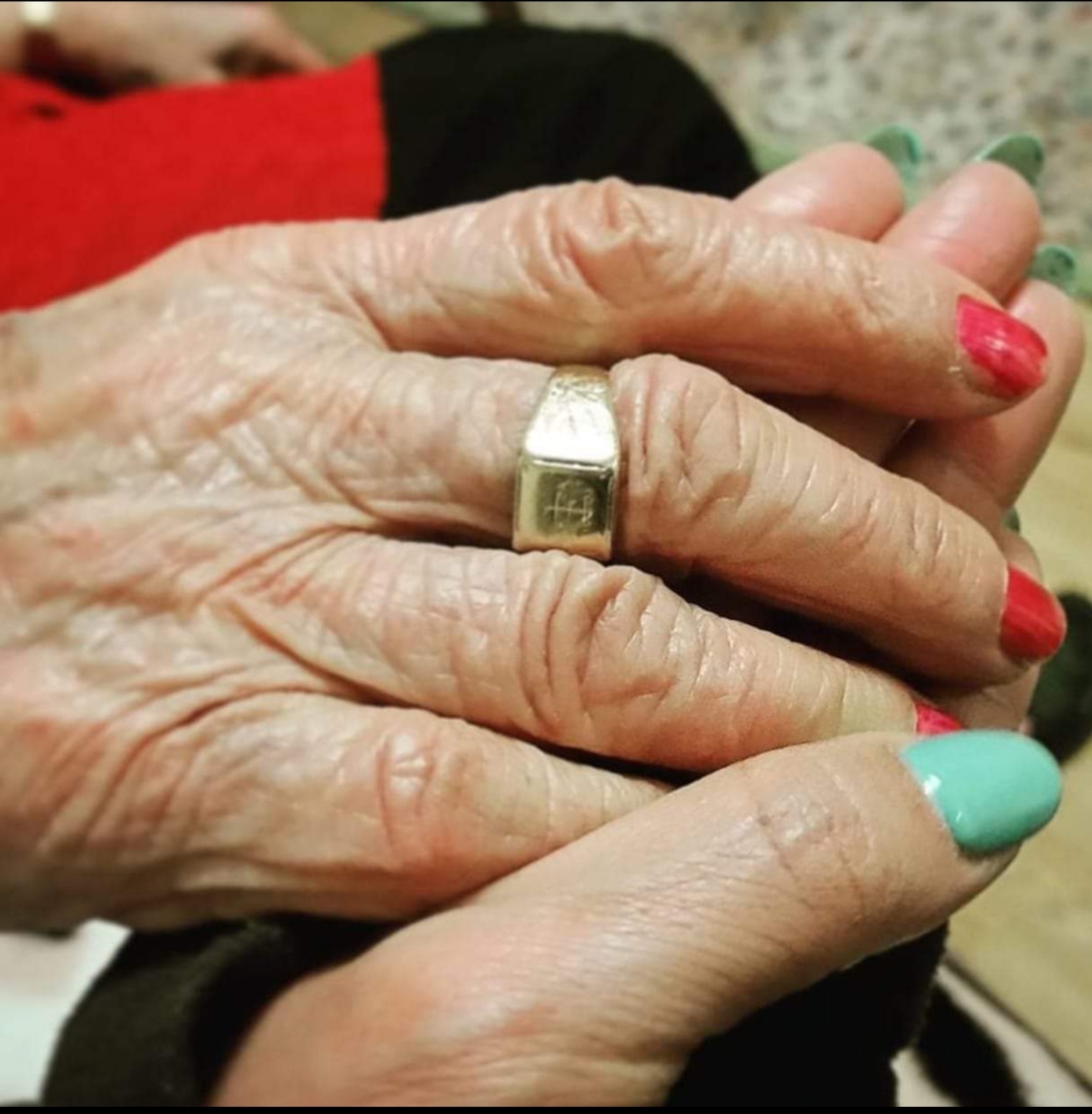By Tabasom Eblaghie
Registered Clinical Counsellor
I recently had a call from a girlfriend who shared the wonderful news of her pregnancy with me, and her joy of welcoming her third child, who would be a boy. It was so thrilling to share her excitement, and I was deeply touched when she said, “I’ve been wanting to tell you myself, because I’d be heartbroken if you found out from someone else, and would have thought that you weren’t important enough for me to share the news myself.” I assured her that no matter where I would have heard the news from, it would still have brought much happiness but felt grateful that she cared so much.
That line stuck with me and over the next week, as I listened and met with all the wonderful clients who are so courageous to share their lives, challenges, and success stories with me, I realized that so many felt the crushing weight of sadness because they felt they weren’t important enough. They don’t matter.
What does that look like? The mother whose children didn’t visit or call, the wife whose husband wouldn’t listen to her suggestions or accept her influence in their marriage, the husband whose step-children ignored and belittled his opinions, the daughter whose parents seemingly favoured her sibling and looked down on her choices…and the list goes on and on.
Most of us don’t intentionally set out to hurt the people in our lives. We all lead busy lives, and the days come and go so fast, it makes our heads spin. However, our actions are the proof of how important someone is to us, which really says “You matter to me”, which ultimately means “I love and respect you”. If I feel insignificant or irrelevant to someone, that is a clear indication that this individual does not respect or love me. The feeling of being unloved causes one to withdraw, and silence may take the place of conversations so easy at the beginning of a relationship.
Saying the words “I love you” but leaving a person feeling like they don’t matter, or are unimportant to you, creates dissonance and instability in a relationship. Love must come with loving actions, and caring gestures.
Here are a few ways of making the people in your life feel important:
1) Speak their love language. We must show love in the manner that our family and friends want to receive love, not in how we feel love. Here is a previous article on the five ways we show our love: “The Five Love Languages”
2) Learn to listen. Listening is a skill and must be practiced and learnt. Active listening requires our full attention to understand how our loved ones think and feel. “Most people do not listen with the intent to understand; they listen with the intent to reply” (Stephen Covey). “Listen to understand” rather than “listen to reply”. We can make our friends feel important by listening to them as though they were strong rather than by jumping in to solve or playing the expert of their lives.
3) We must be present. If you’re out for lunch with a friend, put the cell phone away and be fully engaged! If we multi-task and check our messages or go on-line when spending time with our loved ones, this signals they’re not important enough to receive our full attention. “Wherever you are, be all there” (Jim Elliot).
4) We must share our lives, time and resources. We can make our loved ones feel important by being there and sharing our thoughts and talents with them. “Nothing is too much trouble when one loves, and there is always time” said ‘Abdu’l-Baha in 1912.
5) Ask questions and follow up. What’s going on in their lives? What are their challenges or successes? If they just came back from a trip, how did it go? What did they learn at the Convention they just attended? How did the job interview go? When loved ones share their lives with us, and we forget to follow up, it may signal lack of caring and concern on our part.
6) Be punctual. Nothing is more frustrating to those individuals who are on time to be friends with those who are always late. By being late, you may give the message that your time is more important than your friend’s time, which may create resentment long term. Plan to be there a half hour prior to the set time and hopefully you’ll get there on time!
These are just a few examples, and may not apply for everyone we know, but perhaps at least one of them could be incorporated into a relationship.
Now there is also something to be said for the flip side of the issue, which occurs when Hyper-Sensitivity or Anger visit us, with their unrealistic expectations of our friends and family. Hyper-Sensitivity and Anger convince us that we are less-than and unimportant, and bring Resentment into the relationship. If it feels like you don’t matter, or getting differential treatment, maintain open lines of communication and check to make sure this is the case. Making assumptions based on negative thoughts can destroy relationships, and may not be true. Check in with loved ones and share your concern prior to walking away from the relationship.
“You must love in such a way that the person you love feels free.”Thich Nhat Hanh. Moving towards Forgiveness is the most loving gesture, and frees us from the icy clutches of Anger and Resentment.
By making those around us feel important, we ultimately draw them closer to us, and develop long and meaningful relationships, which can enrich our lives.
How do you make the people in your life feel important?
Please call Tabasom at (604) 889-3635 if you’d like to book a private session.








